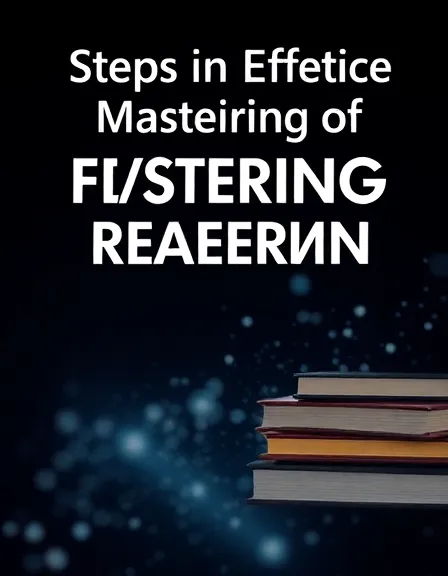Mohamed Karim
Biography
Aspiring Author
Reviews Summary
3.7
Rating Breakdown
3 total ratings
Aspiring Author
3.7
Rating Breakdown
3 total ratings
This opening chapter really drew me in, setting a good foundation for what's to come. I liked how the author clearly defined research and its importance across different fields. The writing style is straightforward and easy to follow, making it accessible. The way it outlined the research stages felt like a helpful roadmap for newcomers. I'm definitely interested in reading the rest to see how it tackles the other chapters. It seems like a valuable resource for anyone looking to get into academic research. The distinction between student and professional research was a particularly insightful point. I'm curious to learn more about the practical advice in later sections. This looks like a solid textbook that could be quite useful.
The introduction lays a solid foundation for what promises to be a thorough guide to academic research. I appreciated the clear distinction drawn between student and professional research, which is often overlooked. The writing is straightforward and informative, though perhaps a bit dry for a standalone chapter. While there wasn't a dramatic hook, the logical progression of topics made me curious about the subsequent steps. I'm definitely interested in reading the rest to see how the subsequent chapters build upon this initial overview. It effectively communicates the book's comprehensive scope and its value for a wide audience. The explanation of research ethics felt particularly well-handled. I'm looking forward to seeing how Mohamed Karim guides readers through the more complex aspects of research design and analysis.
This first chapter really drew me in with its clear and accessible introduction to academic research. I appreciated the author's ability to define such a broad topic in a way that felt both comprehensive and engaging. The distinction made between student and professional research was particularly insightful and well-explained. It successfully demystified the initial stages of the research journey, which is a significant achievement for a first chapter. I'm definitely interested in reading the rest to see how the subsequent chapters build upon this strong foundation. The writing style is professional yet approachable, making it suitable for a wide range of readers. It leaves you wanting to learn more about the practical steps involved in each research stage. This preview makes a compelling case for this book being a valuable resource for anyone undertaking academic research. I'm curious to see the detailed guidance on literature reviews and methodology. It certainly sets up an intriguing premise for a comprehensive guide.
